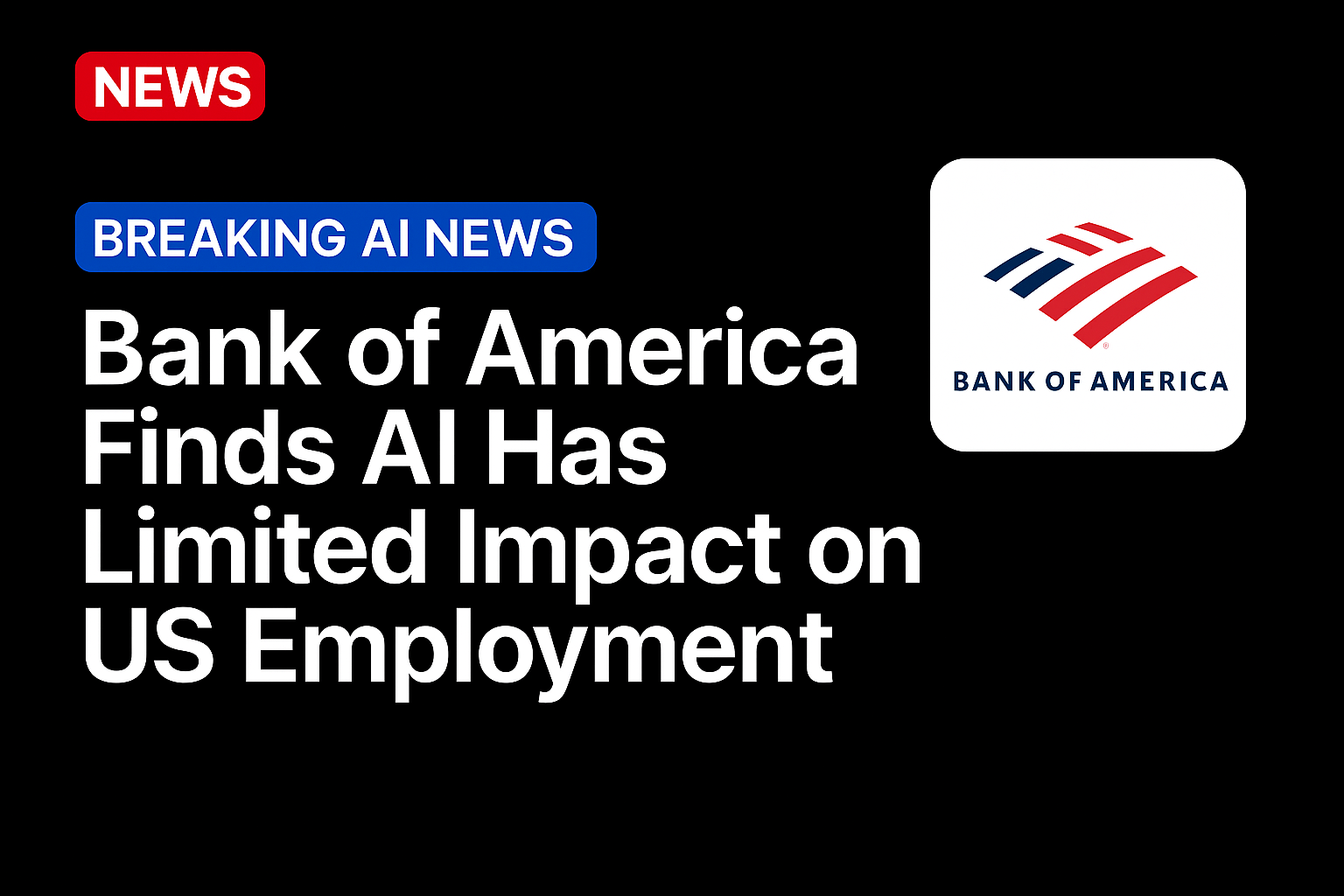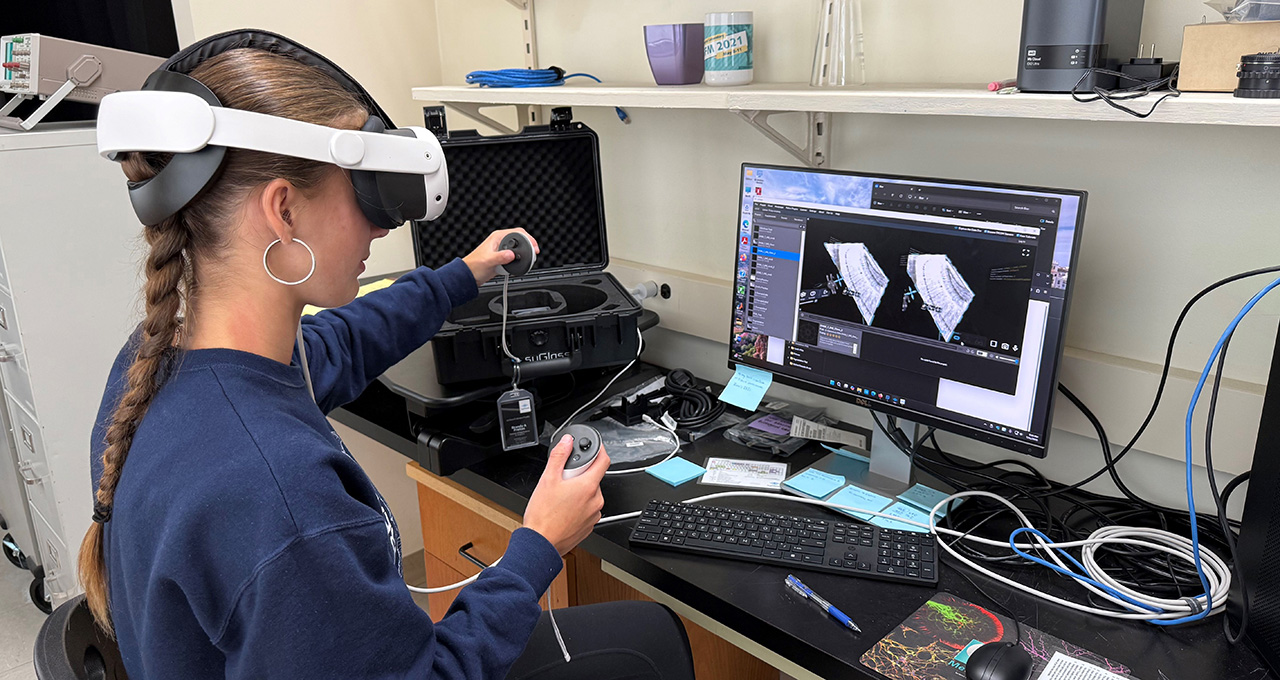
Artificial intelligence (AI) is fueling American economic growth, though its effect on employment is limited.
That’s according to a recent report from the Bank of America (BofA) Institute, which finds that AI-related capital expenditures, especially in software and computing, were key drivers of GDP growth or 2025.
“After a slight decline in Q1, GDP growth rebounded in Q2 with 3.8% for an annualized rate of 1.6% in 1H,” the report said. “One major reason for the resiliency in growth to date is the investment being poured into technology- and AI-related categories.”
And while there have been fears that AI could cause steep job losses, the report found little sign that this has come to pass so far.
“When comparing AI usage levels to year-to-date employment changes in major industries, there is a slightly negative correlation between higher AI usage and employment growth,” the report said, noting that “the relationship is insignificant.”
On the contrary, BofA said, white-collar spaces like finance, professional services and information are seeing a positive connection between AI usage and job growth.
“These findings suggest that AI is playing out mostly as a productivity story for white-collar workers,” the bank’s researchers wrote.
The report also pointed out some caveats. For example, companies might adopt a different strategy during an economic downturn, “with AI allowing for larger layoffs as opposed to job gains amid resilient growth.”
Research by PYMNTS Intelligence has found that while more than half of adult Americans regularly engage with generative AI, there’s also a considerable amount of angst around the technology. A third of gen AI users worry it will replace jobs.
“Much of the doom-and-gloom is coming straight from the horse’s mouth,” PYMNTS wrote last month. “In May, Sam Altman, the CEO of ChatGPT maker OpenAI, told a congressional hearing that AI could displace 70% of all jobs.”
That same month, head of AI firm Anthropic, Dario Amodei, told Axios the technology could eliminate half of all entry-level white-collar jobs and lead to unemployment of 10-20% within the next one to five years.
The BofA report also looked at the impact of AI on smaller businesses, finding that payments from these companies to tech services increased nearly 7% year over year in September, a trend fueled by the manufacturing and construction industries.
“Small firms have continued to prioritize tech spending amongst the overall uncertain economic backdrop,” the report said. “This suggests that the diffusion of AI-driven productivity tools is broadening across industries.”
Source: https://www.pymnts.com/




